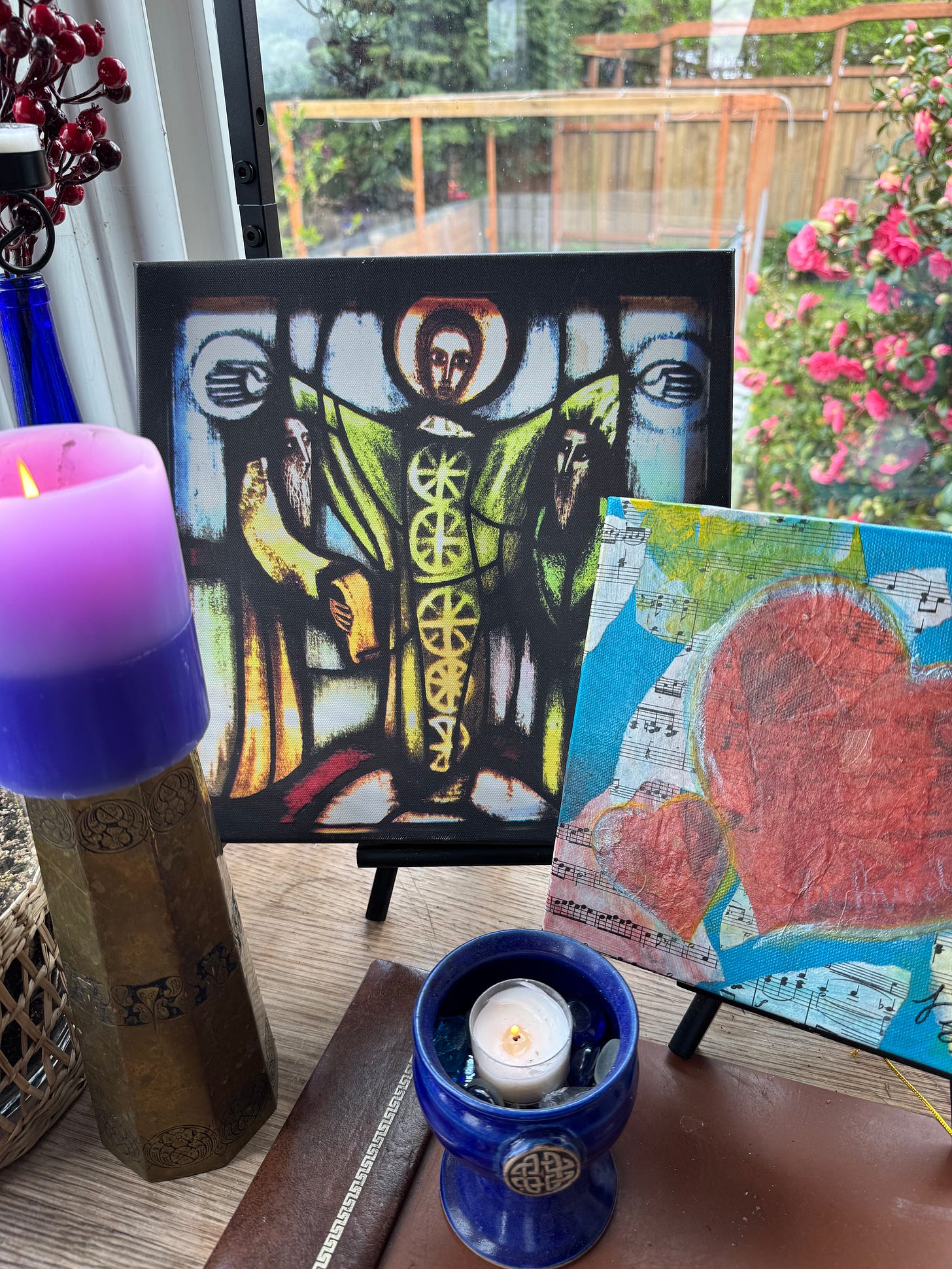It’s Holy Week, the most important yet in some ways misunderstood week of Jesus’ life. I sometimes wonder if all the rituals we have created to celebrate this week really take our focus away from what Jesus said and did and what kind of a God he portrayed.
As we walk through Holy Week this year I find one question revolving in my mind “Is God Like Jesus?” If so, what does this last week of Jesus’ life tell us about the great God of the cosmos, the one who gave birth to everything we see and hear and love?
This is the week where we see Jesus adamantly refuse to be made the kind of Messianic King the Jews were expecting. We see him stand against both the military and political power of the Roman Empire and the rigid rule following power of the Jewish religious leaders. We see him stand on the Mount of Olives with his disciples teaching them about the God who is preferentially concerned for the poor and the abused and the marginalized.
I feel that the Olivet Discourse as told in Matthew 24 and 25 is often misrepresented. It has become one of the main scriptures used to support end times theology while missing the true impact of its message. Matthew 24:42 tells us to “keep watch” not because we want to see things go bang in the night but because as Matthew 24:45, 46 tell us, we are meant to be faithful servants to God. “The trustworthy servant is the one whom the master puts in charge of all the servants of his household; it is the trustworthy servant who not only oversees all the work, but also ensures the servants are properly fed and cared for. And it is, of course, crucial that a servant who is given such responsibility performs his responsibility to his master’s standards—so when the master returns he finds his trust has been rewarded.”
This discourse ends with glimpses of the kingdom of heaven and the final judgement where the goats and the sheep are separated not by their adherence to rules and regulations but by their care and compassion for those at the margins.
When the Son of Man comes in all His majesty accompanied by throngs of heavenly messengers, His throne will be wondrous. All the nations will assemble before Him, and He will judge them, distinguishing them from one another as a shepherd isolates the sheep from the goats. He will put some, the sheep, at His right hand and some, the goats, at His left. Then the King will say to those to His right,
King: Come here, you beloved, you people whom My Father has blessed. Claim your inheritance, the Kingdom prepared for you from the beginning of creation. You shall be richly rewarded, for when I was hungry, you fed Me. And when I was thirsty, you gave Me something to drink. I was alone as a stranger, and you welcomed Me into your homes and into your lives. I was naked, and you gave Me clothes to wear; I was sick, and you tended to My needs; I was in prison, and you comforted Me.
Even then the righteous will not have achieved perfect understanding and will not recall these things.
Righteous: Master, when did we find You hungry and give You food? When did we find You thirsty and slake Your thirst? When did we find You a stranger and welcome You in, or find You naked and clothe You? When did we find You sick and nurse You to health? When did we visit You when You were in prison?
King: I tell you this: whenever you saw a brother or sister hungry or cold, whatever you did to the least of these, so you did to Me. (Matthew 25:31-40 The Voice )
Jesus in his last week of life more than any other turns our preconceived ideas of God upside down. This is not the authoritarian and sometimes seemingly cruel God of the Old Testament who is hard to please and angry at wrongdoing. In Jesus during this last week we catch an incredible view of the God of love and compassion and generosity who gave birth not just to the cosmos but to each and every one of us, filling us with the breath of life that infuses the whole of our universe.
Jesus portrays for us this incredible God who sacrifices everything for love of us and of the world in which we live. Jesus models a God who sides with the poor and the destitute, who compassionately reaches down and heals rich and poor, male and female, free and enslaved. This is Jesus, a God who comes as a servant to all of creation.
It is no wonder Jesus followers had so much trouble understanding him. The God he revealed to them broke the religious laws all the time. He embraced the outcast and affirmed women. He healed Gentiles and rejected becoming a king.
And in his death and resurrection he planted a new garden paradise, the garden of the new creation, in which God is once more able to walk alongside humankind as a companion and friend. As I think of Holy Week this year I am more and more enamoured of this God that Jesus shows us - a God of love and compassion and caring, a God who embraces everyone and longs to walk with us in the new garden paradise that Jesus sacrifice and resurrection made possible.
I hope that you will take time this week to reflect on your impressions of the God that Jesus portrayed. How do you respond to this God? What difference does it make to your life as you move into the Easter season?





